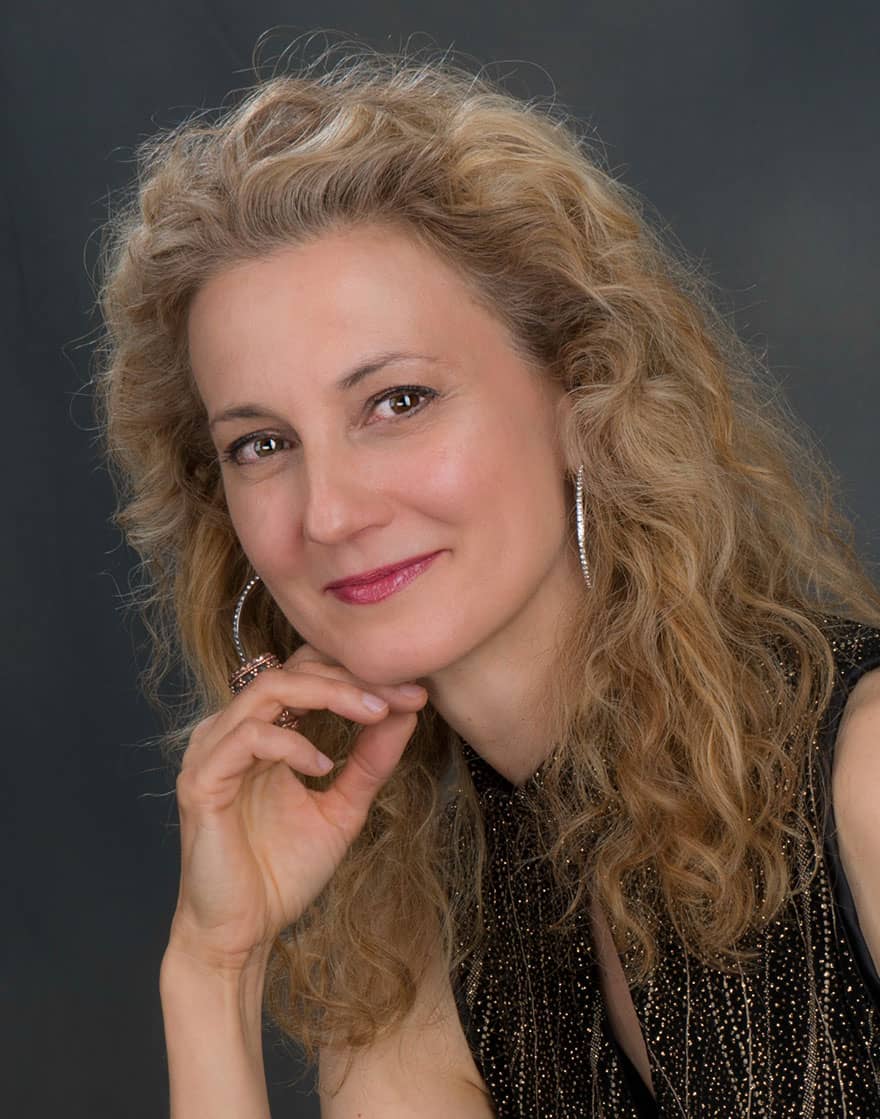I just returned from SXSWedu 2016: a whirlwind of a conference and festival that attracts over 6000 people from all over the globe, all with a common interest in improving education and fostering innovation.
The attendees come from a variety of backgrounds. There are teachers, administrators, policy makers/politicians, writers, technology developers, investors, and innovators of all types. This makes for an intoxicating energy of creativity and purpose and makes it feel as if anything is possible. Which, of course, it is when enough people rise up, come together, and make their voices heard.
A few things stood out.
Shouldn’t we adapt the schools instead of medicating the kids?
Temple Grandin, a professor who has autism and speaks eloquently about it, gave an inspiring keynote about how kids learn and, perhaps more importantly, about how we are pathologizing and medicating too many kids.
She suspects that if quirky visionaries like Steve Jobs and Albert Einstein were growing up today, they’d be placed on the autism spectrum and wonders how this stigma would have affected their trajectories.
The world needs all kinds of thinkers and learners. We have set our definition of intelligence far too narrowly.
A transition time in education
It is obvious that the old ways don’t fit anymore, but the systems are entrenched and traditions die hard. The current school model was developed to create more factory workers during the industrial revolution. The idea of batching kids by age and asking them to sit still, in rows and conform is long past its prime.
Watch Sir Ken Robinson’s brilliant TED Talk for more information on this. He says that reforming schools is not enough.
We don’t need evolution, we need revolution.
Education has to be transformed into something else entirely. We need to be bold and we need to do it quickly. Our kids and our society are waiting.
There are lots of examples of new merging with old, such as Khan Academy partnering with the company that makes the SAT (College Board). It actually sounds like a brilliant, temporary, middle-pathway whereby Khan Academy allows students to input scores/data from pre-SAT and SAT tests into their system, and (for FREE) tailors instruction and practice towards those areas where students need more help.
You can watch that session here.
The old way: a labeling and categorizing of intelligence based on one moment in time and on a fairly narrow definition of intelligence. For students with money and family support, they could search out ways to improve their scores and their perceived intelligence. There is nothing in the equation about other kinds of intelligence such as kinesthetic, inter-personal, ecological, musical or intra-personal.
The new way will involve access to the assessment and content for free thanks to technology, and a much broader definition of intelligence. Right now the 2 worlds are co-existing in this middle space of transition.
The logical next step is for the old ways to disappear altogether.
Higher education reinvented
Another industry that is becoming obsolete is higher education. Again, thanks to technology, students don’t need to bow down to the altar of higher education for exactly 4 years to get the piece of paper that is the entrée to the work world. It is too easy for them to create their own world thanks to technology and globalization.
Our university system hasn’t adapted to the changing times. It can’t. It’s not designed to.
Putting more of their classes online might feel like progress, but it’s actually just a different doorway into the same archaic, unnecessarily expensive system. The new way will be a complete redesign of the concept of what constitutes a ‘higher education’ and the delivery method and content will be designed to be nimble and efficient in order to truly serve students in these changing times. Exorbitant debt and gigantic bureaucracies will not be in the new equation.
Christine Ortiz, a former professor and dean at MIT, recently left her position there to create something new in this category. After almost 2 decades at MIT, she can see clearly how the old ways are not serving. She is creating a state-of-the-art system of personalized, project-based learning where the whole vocabulary is changed.
There will not be concepts like grades, classrooms, lectures or hierarchies like undergraduate and graduate education. Students can completely customize their own pathways so that they wake up totally excited about each day!
It will be designed so that they can go out into the world to have experiences and then come back to continue their learning if/when they need to. You can hear her SXSWedu talk here.
I imagine this pathway extrapolated to K-12; where students get to wake up every day excited about learning, on their own personal journey of discovery, an organized, accessible and affordable form of personalized learning that is available to everyone.
A higher vision
Because I was there to give a talk on mindfulness, I also imagine a world where equal emphasis is given to cultivating things like kindness, happiness, peace and respectful communication.
 After all, what good is all the content if we’re using it to kill each other? Does it really matter what our SAT score is if we can’t have a respectful conversation with others, even when we disagree with them? I suspect it will be impressively irrelevant how many letters we have after our name if we continue to decimate our natural world.
After all, what good is all the content if we’re using it to kill each other? Does it really matter what our SAT score is if we can’t have a respectful conversation with others, even when we disagree with them? I suspect it will be impressively irrelevant how many letters we have after our name if we continue to decimate our natural world.
Just look around at how some of our political leaders, allegedly some of the most highly educated people among us, are treating each other and communicating. If this doesn’t indicate a need for a complete and immediate reinvention of education, I don’t know what does.
My invitation to you is to hold space for your highest vision of what education could look like. We need to stop believing things like, “This is just the way it is.” and “There’s nothing I can do about it.”
Decide what you value most in the world. This is what we should be prioritizing to our kids. Do not trust the institutions to do it for you.
The first step is to imagine a better world. Once a critical mass of people starts doing this, the old ways will wither and new pathways will appear.
This revolution is happening from the ground up, not from the top down. The time is now.
Won’t you join us?

Do you have ideas about how to transform education? I’d love to hear about them in the comments below.
Want to join me and other like-minded revolutionaries in Sedona for a week of mindfulness practice and play? Tap into your own unique wisdom and embodied intelligence. There are a couple of spots left for the May trip. Click here for more information.


 Erin believes that narrow boxes are for shoes and not for people and she hopes you'll join her tribe on the mindful path to freedom!
Erin believes that narrow boxes are for shoes and not for people and she hopes you'll join her tribe on the mindful path to freedom!

